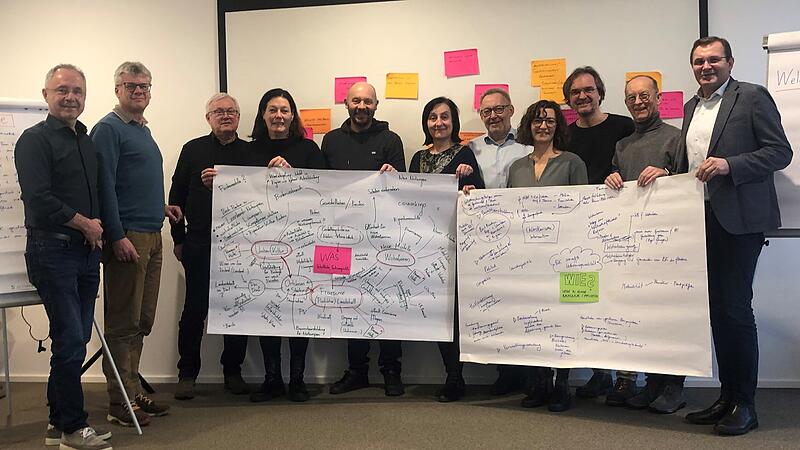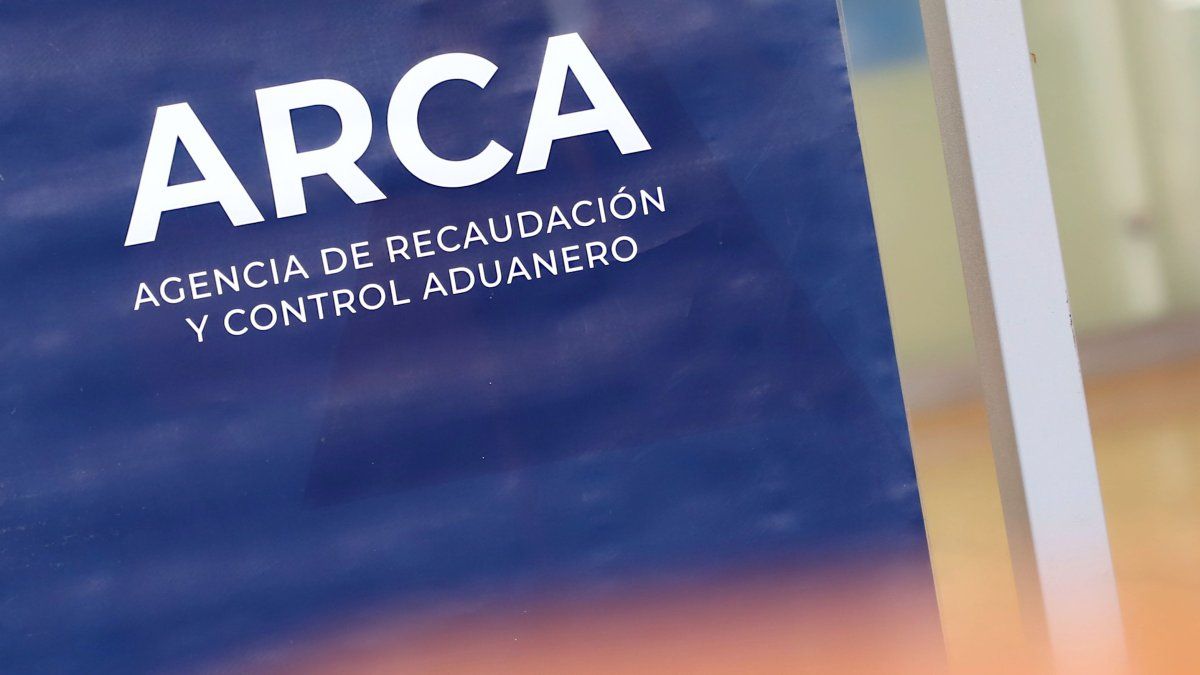DANUBE-BOHMER FOREST. A single-family home is still considered the life goal of many Mühlviertlers. But is this form of living still contemporary? Is it still affordable? Do you want to commit to a property for the rest of your life just to hope that your children or grandchildren will take it over one day?
There are many exciting approaches to the topic of construction. Basically there is nothing wrong with owning your own house. However, the Danube-Bohemian Forest leader region wants to go one step further. The start of the “Building Culture Awareness” project took place at the beginning of February. The region wants to adopt a sensitized awareness of building culture. This is in no way about bans or regulations on how people should build or live in the future.
“In addition to the design quality and cultural significance of the building, building culture also describes its ecological, economic and social aspects. Building culture therefore offers a wide range of possible fields of action that can contribute to activating regional economic cycles,” explains Elisabeth Leitner, chairwoman of the LandLuft association . “Building culture includes all topics related to building, building culture concerns us all, and building culture is created by people like you and me,” she adds.
The LandLuft association was able to recruit absolute professionals whose mission is to promote building culture in rural regions and who communicate the complexity of the topic of “wadscheneinfach” through the example of successful communities, their projects and the committed people. Josef Mathis, former mayor of Zwischenwasser in Vorarlberg, puts it this way: “We support municipalities and decision-makers through awareness-raising, education and networking in making their places worth living in.”
What are the goals of the project?
The project process includes events for the population, community representatives and anyone interested, as well as viewing selected role models. Regional guidelines are to be developed in the Building Culture Council. On special impulse days, individual framework conditions in the communities are defined and a community-specific orientation is developed. “Population development, construction prices and vacancies in town centers not only require new approaches, they offer many opportunities to redesign the topic of life and living in the countryside,” says Alfred Mayr, mayor of St. Stefan-Afiesl and one of the initiators of the project, is convinced and looks forward to many new ideas and tools for daily work. “We can turn a disadvantage into an advantage. You just have to have the courage to think about it,” says the busy mayor.
His Kleinzell counterpart Klaus Falkinger is also on board: “We have seen an enormous influx in Kleinzell, and that is also positive. However, we have also experienced how difficult it is to revitalize vacant properties in the town center,” he says. This has sometimes been successful with various projects. Just think of the local supplier that was built in place of the old fire station.
Take people with you
Both mayors know that it doesn’t work without involving citizens: “We have had a lot of good experiences with participation processes,” says Falkinger. This is precisely why citizens should have their say in the current project. This could be achieved through low-threshold access to information: “It is conceivable, for example, that prospective builders could receive a voucher for advice from selected architects.” This can be used to provide impulses and give people ideas. The aim is to give citizens the tools to plan optimally and to break through barriers to thinking.
That is exactly the aim of the Leader region: By definition, it stands for increasing the quality of life in the region and not only supports project sponsors in their implementation, but also initiates projects from which the entire region benefits.
In this way, relevant topics can be conveyed overall and synergies can be used in organization and communication. “A metaphor for this could be the football game: Leader supports the design of the playing field, organizes the framework conditions and selects the coaches – ‘played’ in the communities,” explains Leader managing director Barbara Kneidinger.
In addition to the building culture theme, numerous regional projects are planned for the new funding period that will start in 2023: The development of a district-wide energy concept for 2040 will begin in the spring, as will the first regional future days, which will premiere on June 21st.
My themes
For your saved topics were
new articles found.

info By clicking on the icon you can add the keyword to your topics.
info
By clicking on the icon you open your “my topics” page. They have of 15 keywords saved and would have to remove keywords.
info By clicking on the icon you can remove the keyword from your topics.
Add the topic to your topics.
Source: Nachrichten




